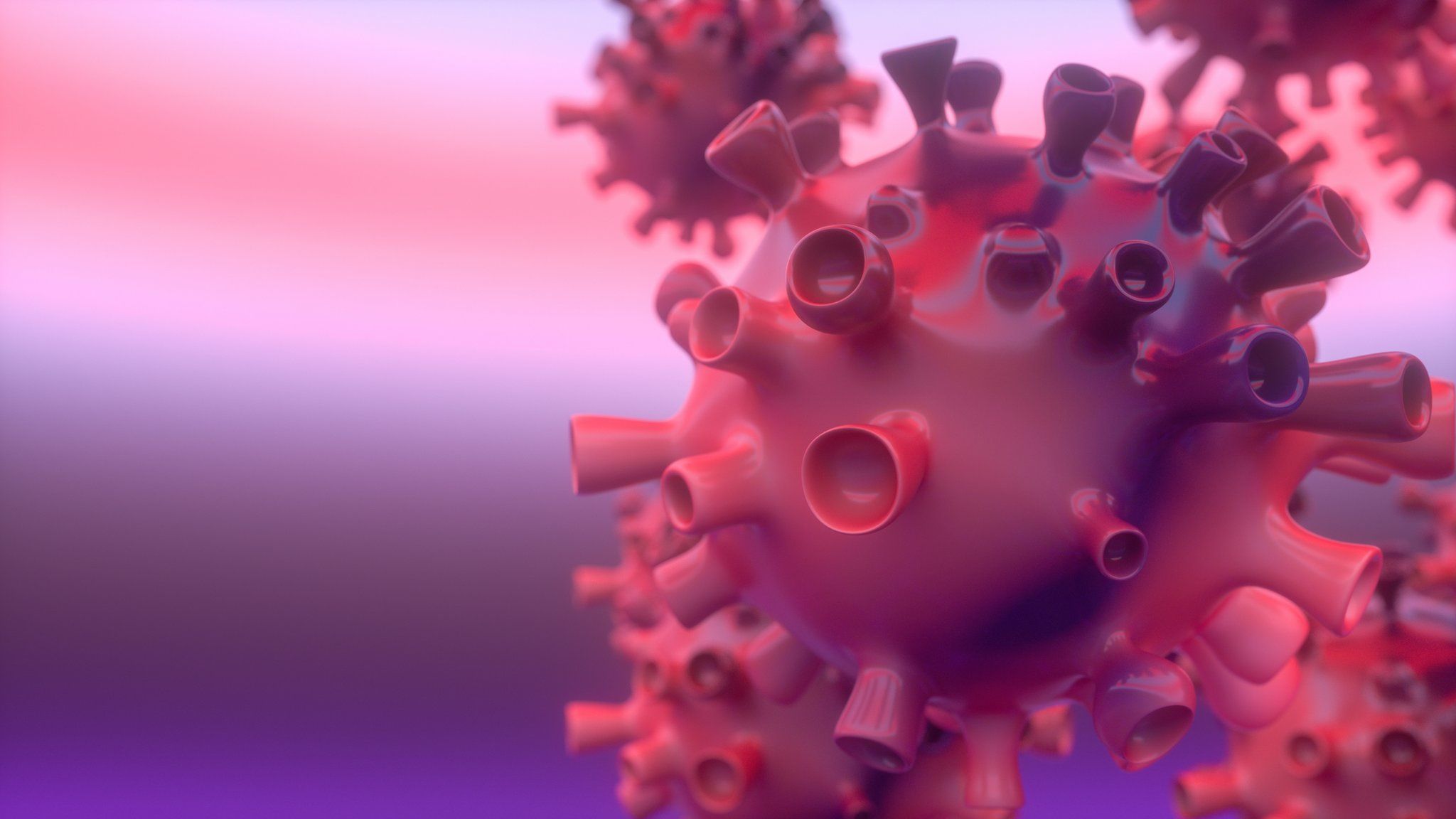As is most of the world, India too is currently going through a period of transition. In spite of devising various national programmes to keep such diseases under control, infectious diseases are still a major concern in our country. The outbreak of Coronavirus clearly depicts the importance of having a backup plan to counter such diseases. And this also goes for the diseases that were believed to be eliminated previously such as tuberculosis, cholera, dengue, H1N1, Nipah, etc., which are making a comeback in some areas. All of this has led to a sharp rise in the number of patients that require immediate attention in the hospital, thus increasing the pressure on doctors.

Besides the biggest factor behind this situation being the unsanitary conditions that surround the majority of Indians, there is another factor that affects a lot of citizens i.e. hospital-acquired infections. According to the present scenario, India has an alarming rate of intensified infections, almost one infection per 4 visits. Plus these infections can be quite serious and difficult to treat, sometimes even more challenging than dealing with ordinary pathogens.
However, with strict adherence to norms and protocols as well as conducting intensive hospital training programs, it can be ensured that such infections are under control. Health care professionals should observe some basic procedures when dealing with infected patients in hospitals:
- Always ensure the use of new and sterilised equipment.
- Maintaining hygiene is of paramount importance for a hospital. Ensure that it is free of mosquitoes, pests or other insects.
- For professionals who need to deal with infected patients on a regular basis, they should make sure to wash the contaminated skin and hands as soon as possible and should wear disposable gloves during the check-up.
- Measures such as masks, gloves, gowns etc. should be taken care of in case the health professionals come in direct contact with blood, lesions, tissue fluid, etc.
- When providing mouth-to-mouth resuscitation, ensure that adequate mouth protection is used.
- Try to avoid letting the patients go out of their designated rooms. In case they need to go, a professional should always accompany them.
A good option for healthcare organisations to deal with hospital-acquired infections is to introduce courses that would improve the control skills of the professionals. For example, the Consortium of Accredited Healthcare Organisations (CAHO), is a recognised non-profit organisation that strongly believes in promoting, improving, and sharing quality healthcare practices to healthcare professionals across the country. They host various healthcare training programmes such as training to deal with communicable diseases, enhanced clinical communication skills, quality implementation in hospitals and much more.
Also Read
How to Choose the Right Nursing Training Program 


No comments:
Post a Comment